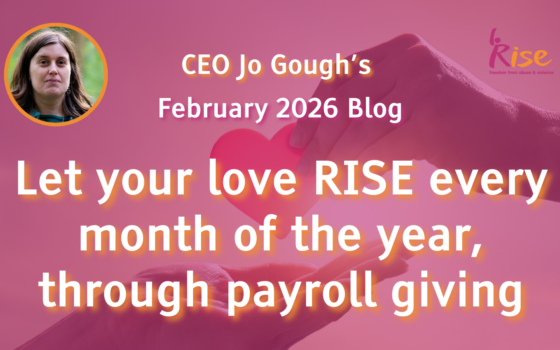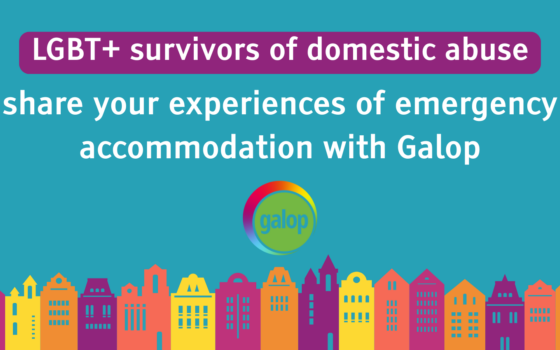Economic Abuse Day has been recognised on the 26th November for a number of years and as part of the 16 days of Activism Against Violence Against Women, we want to shine a light on this type of abuse, and share details of our work in this area.
According to Surviving Economic Abuse, 1 in 7 women in the UK has experienced economic abuse by a current or former partner. It often occurs within intimate partner relationships, and alongside other types of domestic abuse. Economic Abuse, like all abuse, is never the fault of the victim-survivor.
Economic abuse can come in many forms. Surviving Economic Abuse group these into three categories as below. A perpetrator may:
Sabotage your income and access to money, perhaps by stopping or limiting your work, taking your pay or benefits.
Restrict how you use money and the things that you own. They might
- control when and how money is spent , what you can or cannot buy, and make you justify every purchase made
- control the use of property, such as a mobile phone or car
- insist all economic assets (eg savings, house) are in their name
- keep financial information secret
Exploit your economic situation. This could mean they
- steal your money or property
- refuse to contribute to household costs
- spend money needed for household items and bills
- insist all bills, credit cards and loans are in your name and make you pay them
- build up debt in your name, sometimes without your knowledge
This is not an exhaustive list. If you think you are experiencing economic abuse - or if you're not sure but want to check, help is available.
If you're in Brighton and Hove, contact us. Since April 2024, we’ve partnered with Surviving Economic Abuse and Living Without Abuse on The Compass Project, which aims to provide a coordinated community response for DV survivors of economic abuse.
If you are anywhere else in the UK contact Surviving Economic Abuse.

